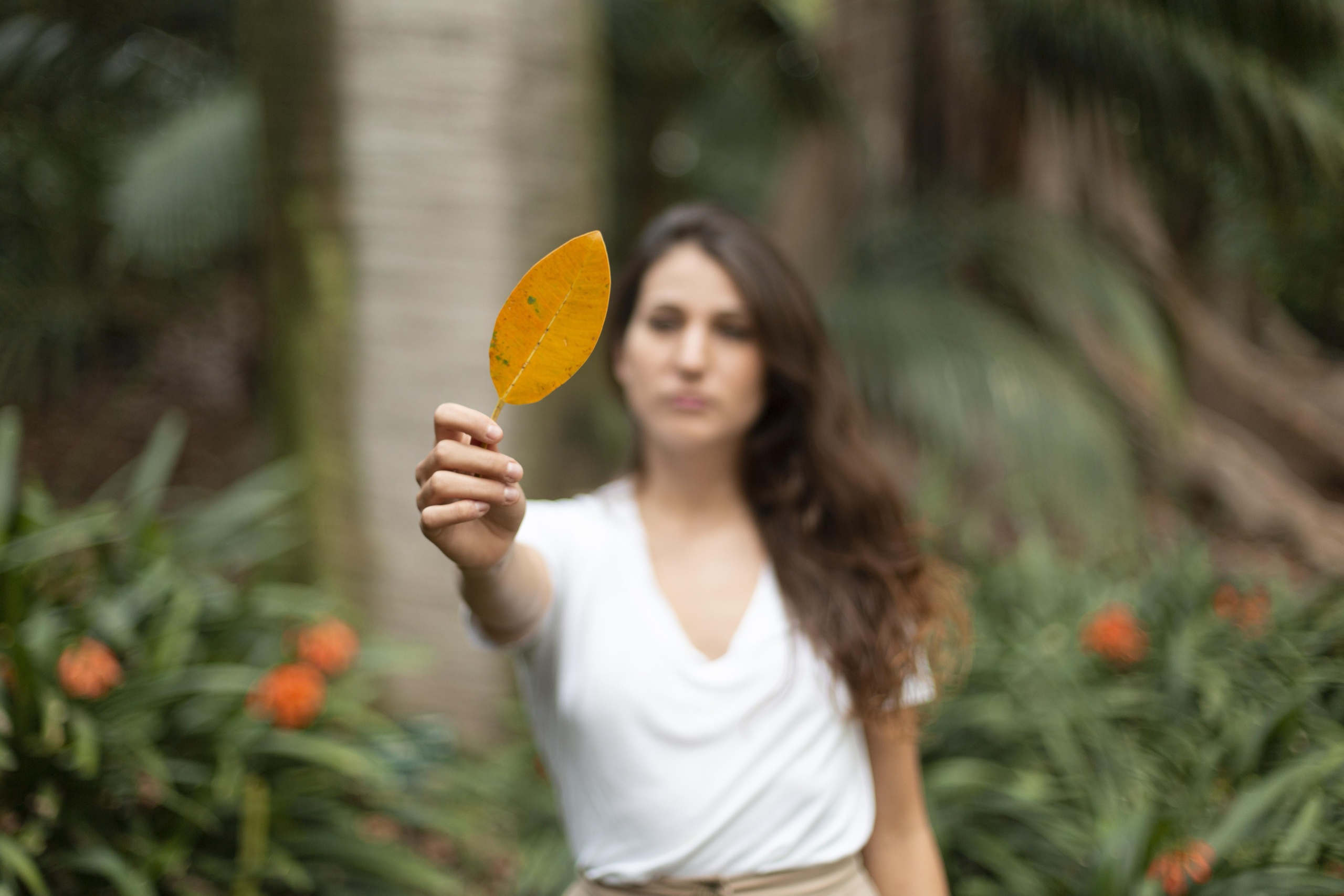The Fertility Leaf: Nature’s Miracle or Just a Fad?
Let’s talk about a little green leaf that’s been causing quite a stir in the world of natural health—the fertility leaf. You’ve probably heard of it in passing, maybe even seen a picture of it on some obscure blog or social media post, but what’s the real deal with this so-called “miracle leaf”? Is it really the fertility game-changer that people claim it is, or is it just another overhyped herb making its rounds on the wellness circuit?
Well, grab a seat, my friend, because we’re about to dive deep into the world of fertility leaves, their alleged benefits, and whether or not you should be adding them to your grocery list for the next round of baby-making.
What is This Fertility Leaf All About?
First things first—let’s address the burning question: What exactly is a fertility leaf? It’s not some mythical, rare herb from the Amazon rainforest. In fact, fertility leaves come from a variety of plants, each offering a unique approach to boosting reproductive health. You’ve probably encountered a few of these leaves in various forms, from ewe abamoda to ewedu leaves, each championed for their supposed ability to enhance fertility and regulate hormonal imbalances.
Now, just because a plant is labeled a “fertility leaf” doesn’t mean it’s going to miraculously help you get pregnant overnight. Like all natural remedies, its effectiveness depends on various factors, including your individual health, diet, and lifestyle. But does that mean they’re all hype? Not exactly. In fact, many of these leaves have been used for centuries in traditional medicine, passed down from generation to generation in cultures that highly value natural healing.
Take ewedu leaf, for example. In Yoruba culture, ewedu is believed to support fertility by promoting healthy hormonal balance and improving reproductive health. Similarly, the miracle leaf, also known as Miracle Leaf or Aloe Vera, has a long history of being used to improve fertility, strengthen the immune system, and even address digestive issues.
The “Miracle Leaf” Phenomenon
Ah, the miracle leaf. It sounds like something straight out of a fairy tale, right? But don’t be fooled by the name. While some people swear by its fertility-boosting properties, the scientific evidence supporting the “miracle” claims is a bit thin.
The miracle leaf in question is often referred to as Bryophyllum pinnatum, a plant known for its impressive range of medicinal properties. From boosting the immune system to potentially helping with fertility issues, this leaf has been revered in various cultures. In parts of India, it’s used to treat everything from fevers to diabetes. But what about fertility? The plant contains compounds that are believed to help regulate menstrual cycles and improve the overall function of the reproductive system, which is why it’s often included in fertility treatments.
However, here’s the catch—while there are anecdotal reports of success stories, there’s still a lack of solid clinical research to fully back up these claims. So, while the miracle leaf might be worth exploring, it’s not necessarily the magic bullet it’s sometimes portrayed as. It’s important to approach it with an open mind, but also a healthy dose of skepticism.
Ewedu Leaves: The Fertility Friend You Didn’t Know You Had
Now, let’s get to the real MVP of fertility leaves—the ewedu leaf. For those who are unfamiliar, ewedu (also known as jute leaves) is a green leafy vegetable that is not only a staple in many African dishes but also a revered plant in fertility medicine. In the world of natural healing, ewedu is often celebrated for its potential to balance hormones, promote uterine health, and regulate menstrual cycles. And what’s the best part? It’s not just about fertility; ewedu is also packed with nutrients that support overall health, from vitamins A and C to antioxidants that fight off those nasty free radicals.
But how does it work in the fertility department? Well, ewedu contains a combination of vitamins and minerals that are thought to support a healthy uterus and encourage the proper function of the reproductive system. It’s often used in traditional remedies as part of a larger fertility regimen, alongside other herbs and lifestyle changes. In some cultures, it’s even believed that drinking ewedu juice can help cleanse the body and detoxify the reproductive organs, creating a more welcoming environment for conception.
Miracle or Myth? Let’s Talk Science
Alright, let’s be real for a second. You might be thinking, “Okay, these leaves sound promising, but where’s the science to back it up?” And rightfully so! The world of herbal medicine can sometimes sound like a big game of hearsay, with claims that seem a little too good to be true.
When it comes to fertility, the science behind many of these leaves is still emerging. While there’s no doubt that certain herbs and plants have therapeutic properties, most of the research available is either anecdotal or limited to small-scale studies. So, while there are traditional uses and reports of success, the jury’s still out on whether these leaves are a legitimate miracle cure for infertility.
However, that doesn’t mean there isn’t potential here. In fact, many fertility experts recommend using a holistic approach to support reproductive health, including diet, exercise, and mindfulness practices. And in this context, fertility leaves like ewedu and miracle leaf could be a natural complement to these practices, providing extra support for your body.
But, let’s not forget, there’s no single cure for fertility struggles. If you’re dealing with infertility, it’s always a good idea to consult a healthcare professional before trying any new treatment. After all, as much as we love the idea of “natural remedies,” sometimes modern medicine is still your best bet.
How to Use Fertility Leaves: Tea, Tinctures, and More
If you’re feeling adventurous and want to give these fertility leaves a shot, there are plenty of ways to incorporate them into your diet. One of the most popular methods is brewing a nice cup of fertility leaf tea. The process is simple: just steep the leaves in hot water for 10-15 minutes, strain, and enjoy! Some people like to add honey or lemon to mask the bitter taste, but honestly, that’s up to you.
In addition to teas, fertility leaves can also be used in tinctures or as part of herbal blends. Some people even mix them with other fertility-boosting ingredients, like guava leaves (which are also believed to support fertility) or red raspberry leaf tea, another popular herb known for its reproductive benefits.
And if you’re feeling creative, you can even throw these leaves into smoothies or add them to your favorite soups and stews. Just make sure you’re using fresh leaves whenever possible, as dried leaves can lose some of their potency.
Real Talk: Should You Trust Fertility Leaves?
Look, no one is claiming that fertility leaves are some sort of guaranteed miracle solution for getting pregnant. But that doesn’t mean they don’t have value. In many cultures, these plants have been used for centuries to support reproductive health, and while the science might still be catching up, there’s something to be said for the power of nature.
The bottom line? If you’re interested in trying fertility leaves, go for it—but do it with an open mind and a realistic understanding of what they can (and can’t) do. As with any health trend, the key is balance. Combine fertility leaves with other healthy lifestyle changes, like eating a nutritious diet, managing stress, and getting regular exercise, and you might just find that nature’s little miracle leaf has more to offer than you think.
So, will fertility leaves work for you? Only one way to find out. But remember, whether you’re drinking your tea or simply enjoying their leafy green goodness, fertility leaves might just be the support you didn’t know you needed. And who knows? The next miracle could be hiding in the most unexpected of places—right in your cup of tea.


